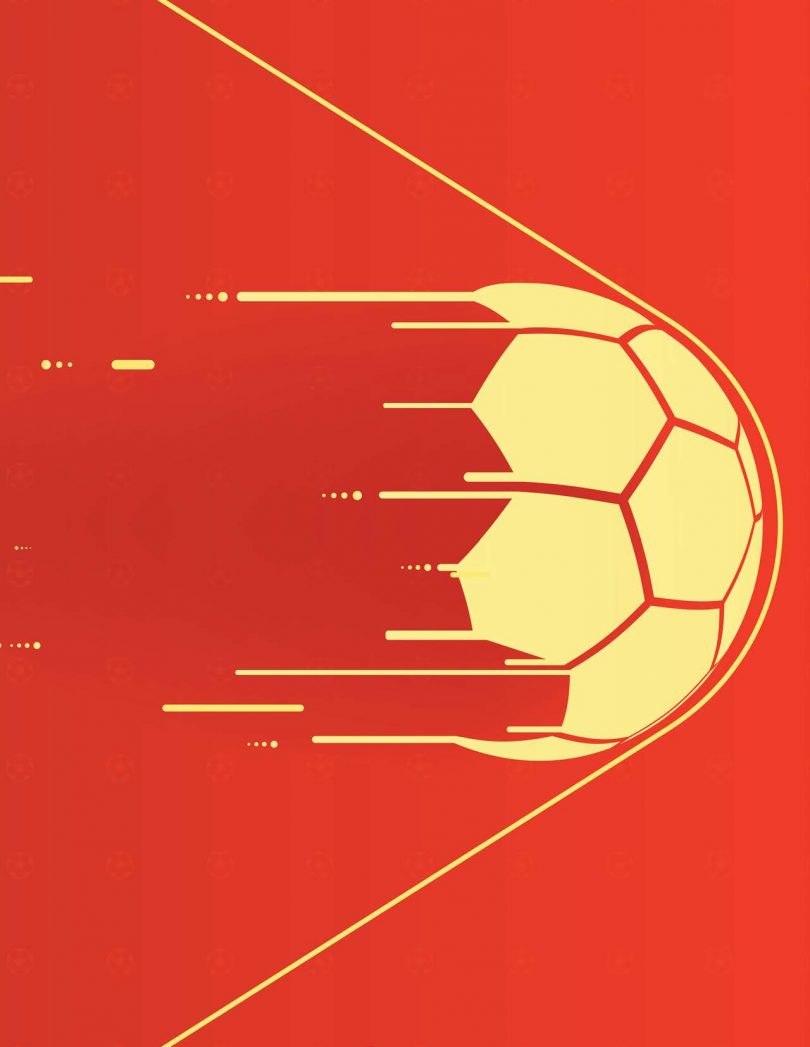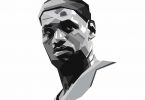At Soccerex China 2018 in Zhuhai, the footballing world came together to discuss the importance of China to football’s future and how the nation can find on and off-field success.
Soccer is a dream in China – a dream that pictures the nation as a superpower of the game. That dream is not just of success on the field, but also success as an industry.
At Soccerex China 2018, held in Zhuhai in April, China deployed all of its charms in order to help its dream become a reality. The event saw delegates from leading international clubs and federations as well as former players and FIFA representatives meet with their Chinese counterparts in order to share their ambitions and promote the latest technologies in football.
Going beyond economic interests and highlighting the very basic values of football, Fatma Samoura, Secretary General of FIFA, stated in her speech that football’s priorities “are and will always be an intangible and public passion,” and if Soccerex was happening, it was “only because millions and millions of people are passionate about this game.”
Samoura said that one of the targets of her organization’s FIFA 2.0 strategy is to ensure that by 2026, more than 60% of the world population will be part of the football world in one way or another.
“And how could we dream of achieving this without focusing on China, on 1.4 billion fans or fans to be?” she asked. Chinese football fans are already some of the most avid consumers in the industry.
These days, thanks to the enormous financial clout of China, almost every top team and player has spent time in China to take part in promotional activities, exhibition games or even to play for one of the country’s cashed-up Chinese Super League clubs.
Legendary Argentininan player Hernan Crespo and Portugal’s Deco were part of Soccerex, there on behalf of the Spanish La Liga which sponsored the event – another example of how important the rest of the world considers the Chinese market.
Because of its tremendous economic and human potential, Soccerex also proved to be a vital opportunity to share visions and possible synergies.
Real Madrid, Barcelona, Manchester United and Bayern Munich were just a few of the big name European clubs to take part while Nasser Al-Khelaïfi, the Qatari owner of Paris Saint Germain, used the event to formalize his club’s partnership with Chinese marketing company Desports.
On the Chinese side, authorities and teams shared their experiences, comforted by the great political support the game has in the nation. It was noted by speakers how encouraging it is that Chinese President Xi Jinping is a huge football fan.
With the Chinese Super League searching to consolidate its structure and tackle various challenges, a panel comprising representatives from the Premier League and Spanish La Liga explained the fragilities of both championships in past decades and how they each overcame their problems.
David Dein, Former Vice Chairman of Arsenal, remembered how football hooligans threatened to isolate the English league during the late 1980s – a problem that was only overcome by all clubs working together to find a solution.
“We simply wanted the best show in town,” he said, adding that all clubs agreed “if we had the best show in town, we’d get television behind us,” eventually leading to economic success.
Sergi Torrents, La Liga’s Country Manager for China, also highlighted the importance of economic control for the Spanish league after some tricky moments in the early 2000s when a number of teams faced financial ruin.







